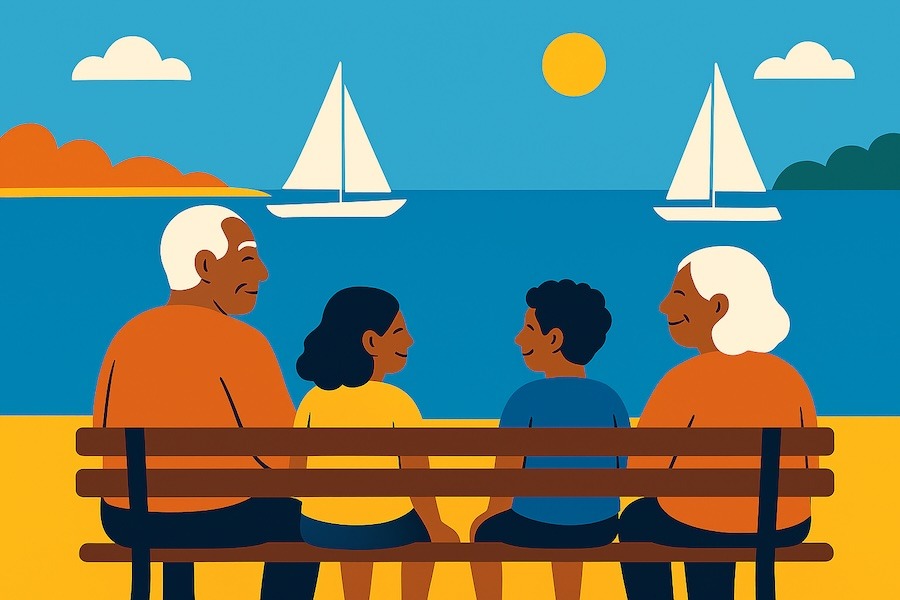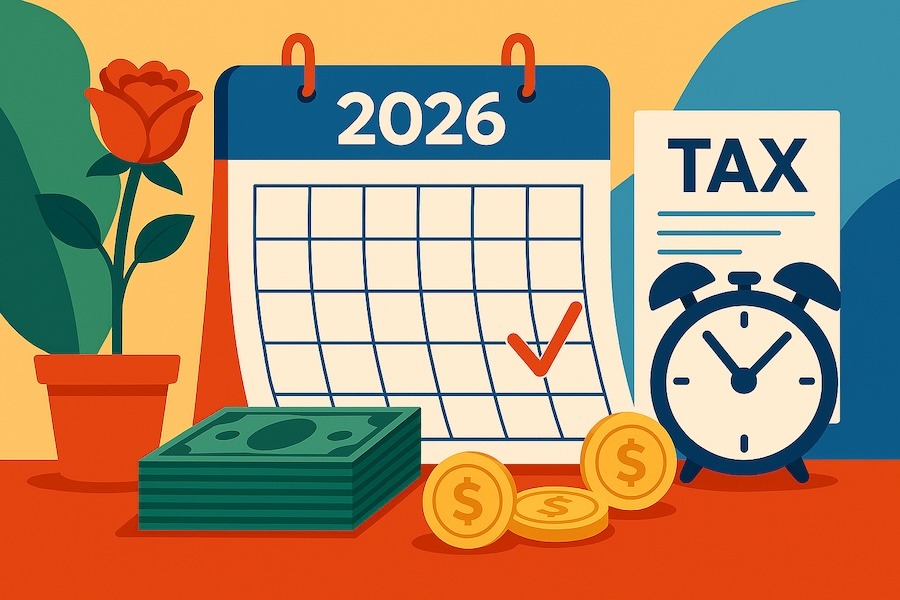The smarter way to seachange

One of the less-reported elements of the Covid years was the rise in ‘seachangers.’ In the year to June 30 2021, the percentage of Australians living in cities fell from 67.4% to 67.2%. That might not sound like a large drop, but it was the first time the number had fallen since 2000. And it is actually 50,000 people.
We were reminded of this phenomenon last weekend when we read a story in the Channel Nine press about a seachange being reversed. The author detailed how she and her husband moved to coastal Victoria during the pandemic, but that they were now partly reversing the move by renting a Melbourne apartment. This will make it easier for her husband to work – but the author also writes about her excitement at once again having a city base to spend at least some of her time in.
This author’s experience is not that unusual. Seachanges do not always work. Most people who live in a city at some time dream of ‘moving to the coast’ (or ‘treechanging to the hills’) at one point or another. Heavy traffic, noisy or nosey neighbours and, of course, a lockdown or six will do that to people.
Our advice is usually to not rush turning this dream into reality. After all, there’s probably a reason why two-thirds of Australians live in cities. A problem can arise when people become used to the benefits that cities bring. They become so used to these benefits, to the extent that they fail to recognise the many things they appreciate about the city. When this happens, all people tend to be able to see are the negatives of the current situation. Living in the city becomes all cost and no benefit.
Of course, there’s also a reason why one third of Australians don’t live in cities. Living in the regions has a lot of benefits and a lot of people enjoy their lives better when they do not live in a city. The challenge is working out whether you are one of these people!
That’s why we almost always suggest a ‘try before you buy’ approach to a move like a seachange. This is especially important where there are large financial decisions to be made, such as selling up in the city and then buying in ‘the bush.’ In cases like this, where you own a city home, renting in the chosen destination for a year or two can be a great way to really decide whether you want to live in that place full time. If you own a place in the city, don’t sell it (at least for a while). Rent it out instead, so that you will have a city base to return to if the seachange is not for you.
Remember, it can cost up to 9% or so of the value of a property to buy and sell (stamp duties, real estate agents’ costs, etc). The last thing you want to do is sell and buy now and then find you want to reverse that decision in a few years’ time. That can become two lots of 9%. It can also mean that the house you return to may not be as nice as the one you left.
Living somewhere for a year or two lets you make a more informed decision in other ways. There is a saying that, in summer, Queensland is full of unhappy Victorians who moved house in winter, when Melbourne was freezing and Queensland was dreamy. Come the height of summer, things have changed a little. (of course, the same can happen in reverse. Queenslanders heading south to escape the summer heat end up with frostbite in August). Spending all four seasons in a new place lets you experience the whole climate.
Trialling the change also lets you really check out the new place you are contemplating. Are the people friendly? What are the schools, shops, medical facilities, etc like? You may have a bunch of city friends who tell you they will visit regularly. Spending 12-24 months in a place lets you test that. It also lets you test what it is like to travel back to the city yourself for work or leisure.
The same can be true if you are moving in the other direction, of course. If you are currently living in the regions and contemplating a move to a city, renting for a year or two while you make sure it is really what you want can actually be a great investment.
Either way, if you are contemplating a big move, talk to us first. Benefit from our experience to make sure your experience is as good as it could be.



